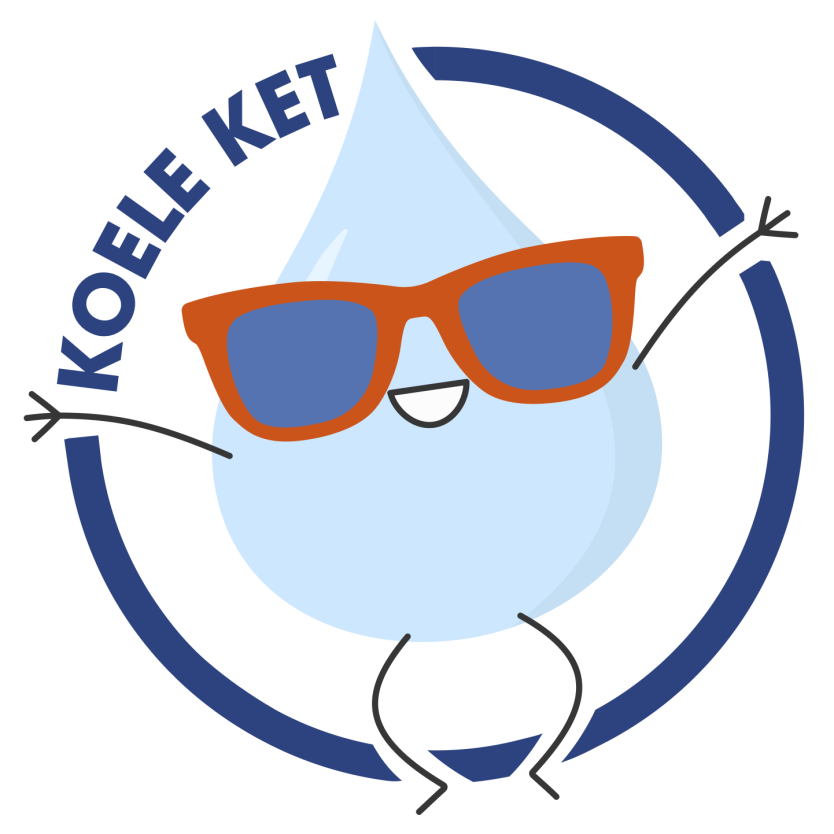Towards sensible alcohol consumption
The latest student survey by the Flemish Expertise Centre for Alcohol and other Drugs ‘In hogere sferen’ shows that alcohol remains, by far, the most consumed substance among students. However, there are a lot of risks associated with alcohol. Alcohol consumption is the third leading risk factor for disease and disability worldwide, after childhood underweight and unsafe sex (for comparison, tobacco use ranks sixth). Besides its addictive properties, it is causally linked to a lot of serious health conditions, such as heart disease and liver disease.
To determine whether or not someone has a problem with alcohol consumption or has a risky drinking pattern, the number of glasses drunk per day or per week is often used as a benchmark. According to the guideline of the (VAD) and the High Health Council, it is best not to drink more than 10 standard glasses per week.
Take an alcohol break
For many, February means a month without alcohol, at least if you plan to take part in Tournée Minérale. The annual campaign highlights all the consequences of drinking alcohol. For example, it is common knowledge that excessive consumption of alcohol can have major consequences for your stomach, liver and intestines. Even those who drink ‘in moderation’ can experience benefits from a month of alcohol-free. To give just a few examples: you sleep better, get more energy and save your money at the same time.
But you don't have to wait for February for an alcohol break. You decide when to put your alcohol consumption on pause.

Are you organising a cantus, TD or party?
Keep the following tips in mind:
- Provide free water in a visible and accessible place
- Provide an inviting non-alcoholic offer
- Always serve responsibly
- Always place enough water jugs on the table at a cantus
Risk-reducing drinking tips
- Keep an eye on your glass. Mark your glass and avoid accidental swaps with friends.
- Decide in advance how long and how much you will drink
- Avoid hangovers. Alternate alcoholic with non-alcoholic drinks.
- Pour the correct amount of alcohol when drinking in private. An appropriate glass helps.
- Watch yourself for signs such as dizziness, losing control of yourself or otherwise feeling that you have had enough. Then it's time to switch to non-alcoholic drinks.
- Eat enough before starting to drink alcohol. With a full stomach, you are less likely to get drunk.
- Keep it fun. Take care of each other and respect everyone's boundaries.
Spiking
Spiking involves the administration of narcotic or intoxicating drugs without consent, for example by mixing in drinks. Common symptoms include speech difficulties, not feeling well, memory loss and loss of strength or inability to move certain muscles.
How to prevent
While going out, keep a close eye on your friends and stay together. If one of your friends is drunk, go to a safe place together or seek help. Sometimes, a stronger feeling of drunkenness can still arise with a limited amount of alcohol and there is no spiking. To avoid this, it is best to spread your alcohol intake well over the evening and drink plenty of water and eat food in between.
Are you organising a cantus, TD or party?
Keep the following tips in mind:
- Provide transparent glasses or cups so that the drinks are easily visible and visitors can recognise changes or change in consistency.
- Deploy extra students/volunteers so they can quickly remove the drinks left behind.
- Use the infographic that describes:
- What partygoers can recognise if someone is spiked, or how to feel it themselves
- What they should do in case of a self-observed or reported suspicion of spiking
- Establish a cool down zone where a victim can be brought to safety and count on understanding
- Use safe words like ‘Ask for Angela’ in your promo